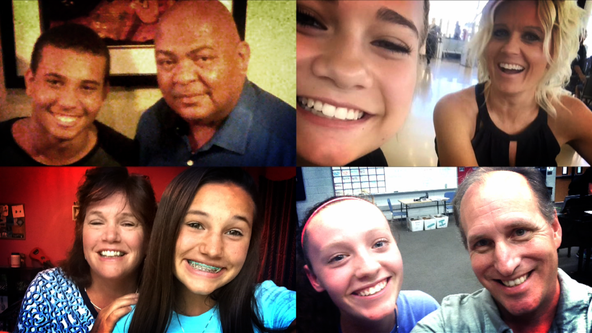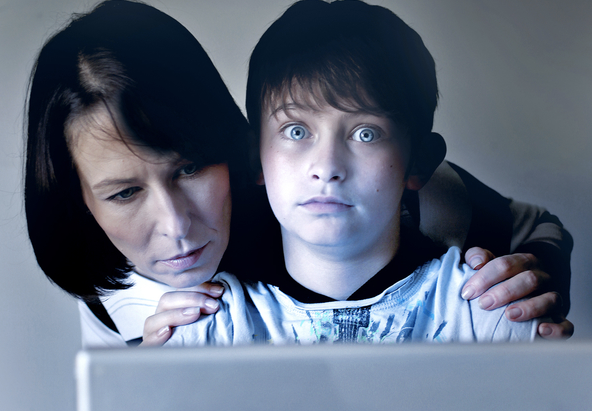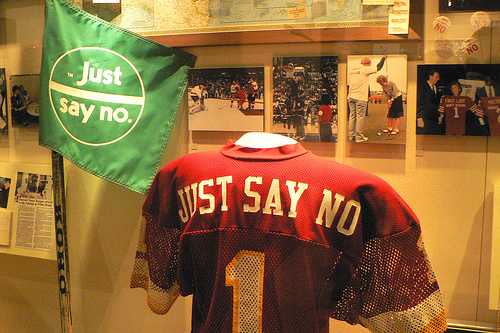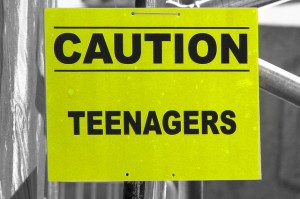Weekend Pics from Parenting in the Loop
The holiday season throws me off schedule as it does for many others. I publish my blog pretty much without any help. My daughter does write for me when she has time but I am usually the one who actually edits and clicks “publish”. So hence the lapse in postings. My schedule is God, family and then all other things.
Here is my delayed weekend picks.
Phones for Kids:
A lot of us have kids that are becoming ready for their own mobile phones. Maybe they are just for checking in or for safety of knowing that they can get in touch with a parent if necessary ICE (In Case of Emergency).
What do you do to prepare them for having a cellphone at their fingertips? Here are some tips.
She’s going to be a few minutes late.” “I told her we’re almost there.” “Her train is being held at the station.” “I told her we’re here.” “I’m asking her where she is.” “The train is moving again.” “She’s almost here.”
Social Media and Kids:

Along with cellphones comes social media for kids. A perplexing time for young adolescents. Parents need to stay savvy and ahead of their kids if that is possible. Social media is here and before you know it your kids will be exposed to it. What is your child’s “Peer Culture”. Check out this piece and keep on the look out for more social media influences in your child’s environment.
Thirteen-year-olds who are already on social media spend a lot of time there, living their social lives both online and off. CNN’s new documentary, “Being 13,” and an accompanying report, “Being Thirteen: Social Media and the Hidden World of Young Adolescents’ Peer Culture”, reveal an entire world of just barely teenage posting, commenting, jockeying and, most of all, lurking on Instagram, Twitter and Facebook.
- Source: Seven Ways Parents Can Help 13-Year-Olds Start Their Social Media Lives Right – The New York Times
Porn and Children:

Pornography exists so how do we protect our children? How do we talk to them about pornography? Here is an article that discusses this uncomfortable topic. In the end it does suggest that parents should be talking about this topic and sexuality with their teenagers.
In Does Porn Hurt Children in the Sunday Review, David Segal pointed to the absence of definitive research linking pornography exposure during adolescence to negative outcomes for teenagers and noted the ethical impossibility of conducting the kinds of studies that might prove, or disprove, such links. In spite of the lack of evidence of harm, every researcher he interviewed felt uneasy about the messages teenagers might take from pornography and suggested that “at a minimum” parents should be talking with their teenagers about sexuality in general and porn in particular.
Weekend time is my favorite. A time to switch gears and slow down for some moments of reading and just kind of catching up on some stuff that gets lost during the hectic weekdays. I find that it takes a time to unwind which is usually Friday night dinner out with friends and on Saturday a slower pace is enjoyed with sometimes a lunchtime meal at a favorite spot. Sunday usually I start to gear up again to prep for the week ahead.
What do you do on your weekend?


